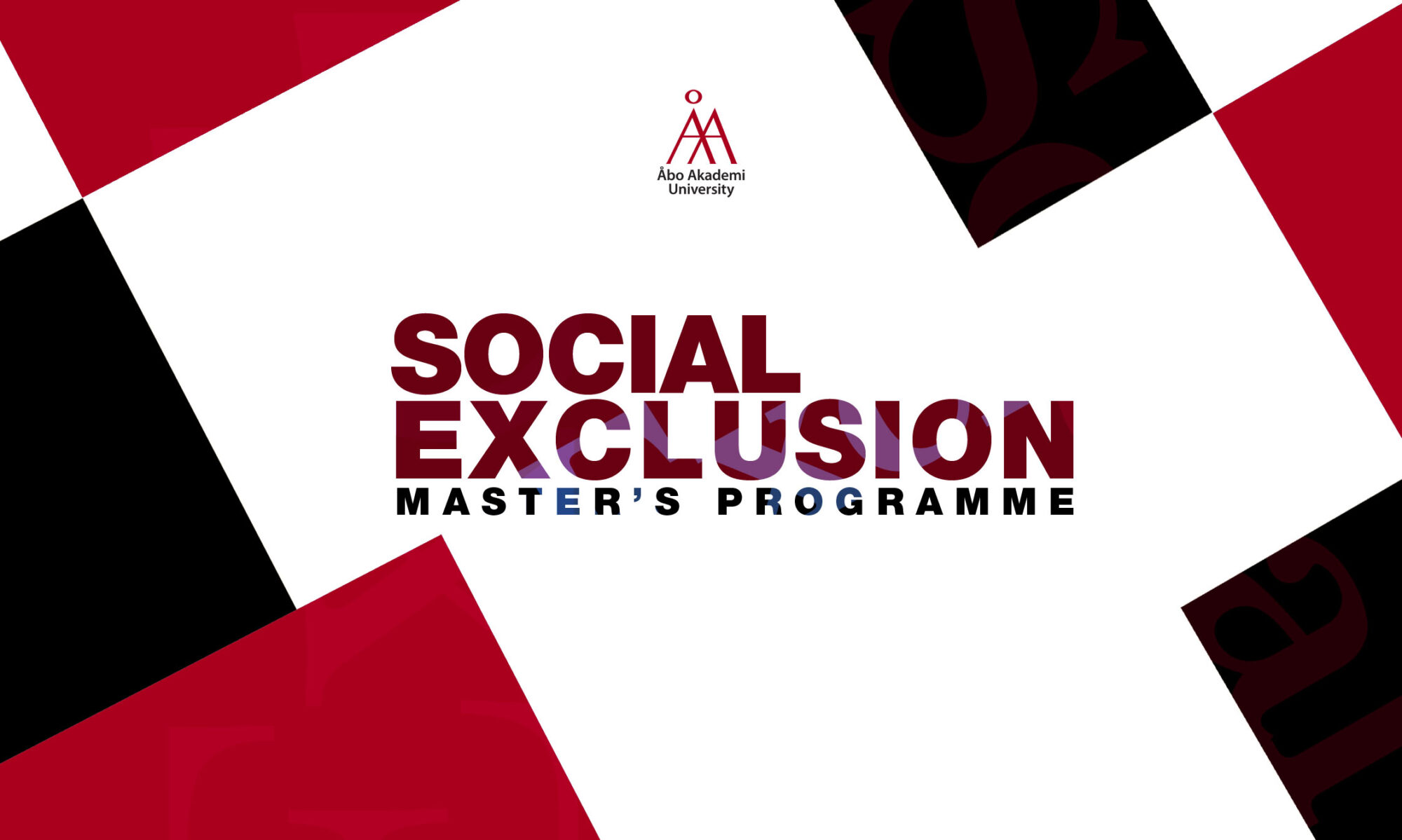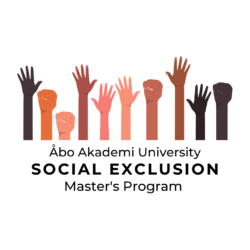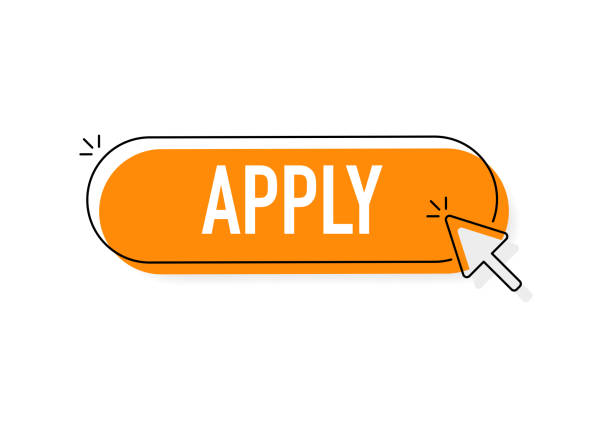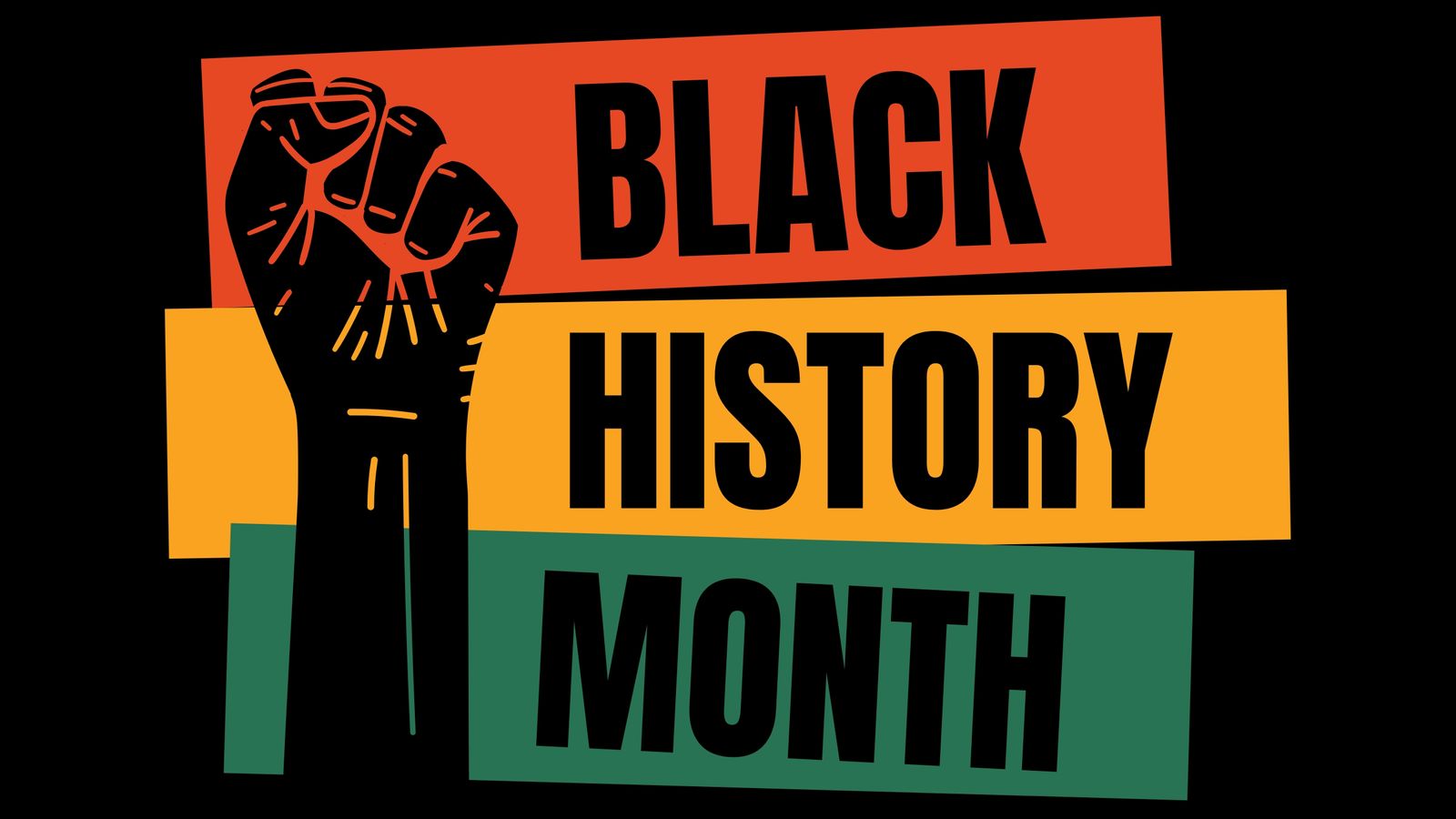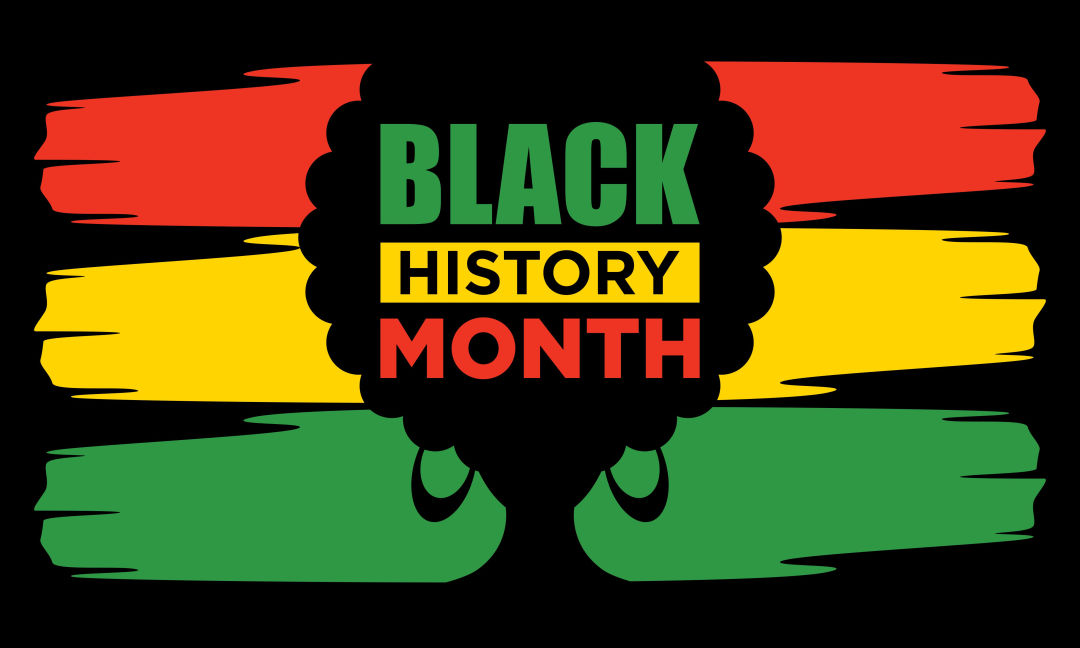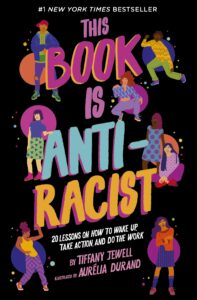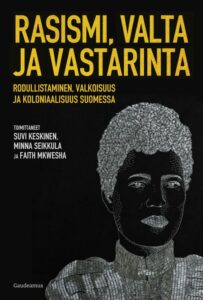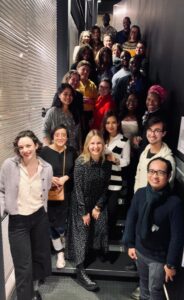In this blog post, you can read five Social exclusion students’ experiences and thoughts about the program. They were all asked the same questions and these are their answers.
Name: Niki Panera
Where are you from? Greece
Why did you apply for the Social Exclusion Master’s program? To enhance my knowledge on issues of human rights, racism & and to improve my CV
Best way to unwind or relax after your studies? Gym, music & short trips
What is something you wished you knew a year ago? Nothing. I like learning through my experiences.
…..
Name: Donald Nih Tarke
Where are you from? Cameroon
Why did you apply for the Social Exclusion Master’s program? I have been a victim of “deep exclusion” and intend to become a voice for others with similar experiences and the reality of marginalization.
Best way to unwind or relax after your studies? I don’t have one
What is something you wished you knew a year ago? Being more tech-savvy!
…..
Name: Sandis Sitton
Where are you from? California
Why did you apply for the Social Exclusion Master’s program? How much space do I have? Partly, because I needed a purpose in life during the coronavirus pandemic. We were 1 year into the pandemic, more or less, and I was enduring it via all of the unhealthy coping mechanisms one does, when my friend told me he was applying to a program in Finland, on the other side of the Earth. I had never heard of social exclusion. It’s not a concept Americans employ, hardly ever, but it had a focus on intersectionality, it seemed, and that was something that I felt I hadn’t gotten to explore while studying philosophy for my bachelor’s program.
At the same time, the country was exploding around us, with new protests crowding the streets of nearly every major city in the US for weeks, months, decrying social injustice, systemic racism, and the police murder of black people across the nation ignored. This program focuses on the very dynamics that are being battled over in my country, and I can honestly say that at least some part of me selfishly wanted to be more informed. Systemic oppression is a hard thing to recognize from the inside of a system, especially when you have the privilege of being insulated from it, not having to see it every day. I certainly felt the need to strip away some of the guilt that comes with willful ignorance, which is what it feels like it is when you can recognize that, but still feel uncertain as to how to talk about it.
So yeah, it captures perspectives I felt were important to what I’d already studied and talked about issues that are relevant to the social issues where I’m from. I’m very interested in the meta side of things, it’s what drew me to philosophy in the first place, but now the concept of decolonizing thought has the same allure and I think getting experience with that discourse here can help a person anywhere.
… I should have just said that, to begin with.
Best way to unwind or relax after your studies? Scream into a pillow. Then get outside and go on a walk, anywhere, just walk and listen to the wind.
What is something you wished you knew a year ago? To buy my furniture from EKOTORI. GET THE WORD OUT NOW, YOU DON’T NEED TO PAY THE IKEA BLOOD PRICE IF YOU KNOW WHERE THE SECOND-HAND STORES ARE!
…..
Name: Nia Sullivan
Where are you from? Washington, USA
Why did you apply for the Social Exclusion Master’s program? The social exclusion program was captivating for various reasons. Overall, I applied to attain the fundamental theoretical and relevant skills to become an effective human rights practitioner. Social exclusion theories identify the structural origins and historical implications that construct and eternalize exclusion. Understanding how structures interact with experience is essential in engaging critically with social systems. Furthermore, the interdisciplinary approach used in the social exclusion program compelled me to apply, as I could study in other subjects and select a concentration in gender studies.
Best way to unwind or relax after your studies? Meditation, dancing, and long runs are my stress reliefs. Finland has turned me into a snow and ice runner!
What is something you wished you knew a year ago? I enjoy participating in courses from other Universities. Finding more information about this when I started the program would have been valuable.
…..
Name: Godfred Gyimah
Where are you from? Ghana
Why did you apply for the Social Exclusion Master’s program? It is relevant for my intent and future career prospects. It relates to my previous study in Social services.
Best way to unwind or relax after your studies? To have enough sleep and manage my time judiciously
What is something you wished you knew a year ago? The programme has helped me to think differently. it helps you to understand the broader conception of the nature of the constructed world we live in today. Its stratifications, inequalities, and the structural, political, institutional and the socio-cultural exclusion of people. Again, it helps you to deconstruct the constructed and to work towards antiracism relief people from oppression.
